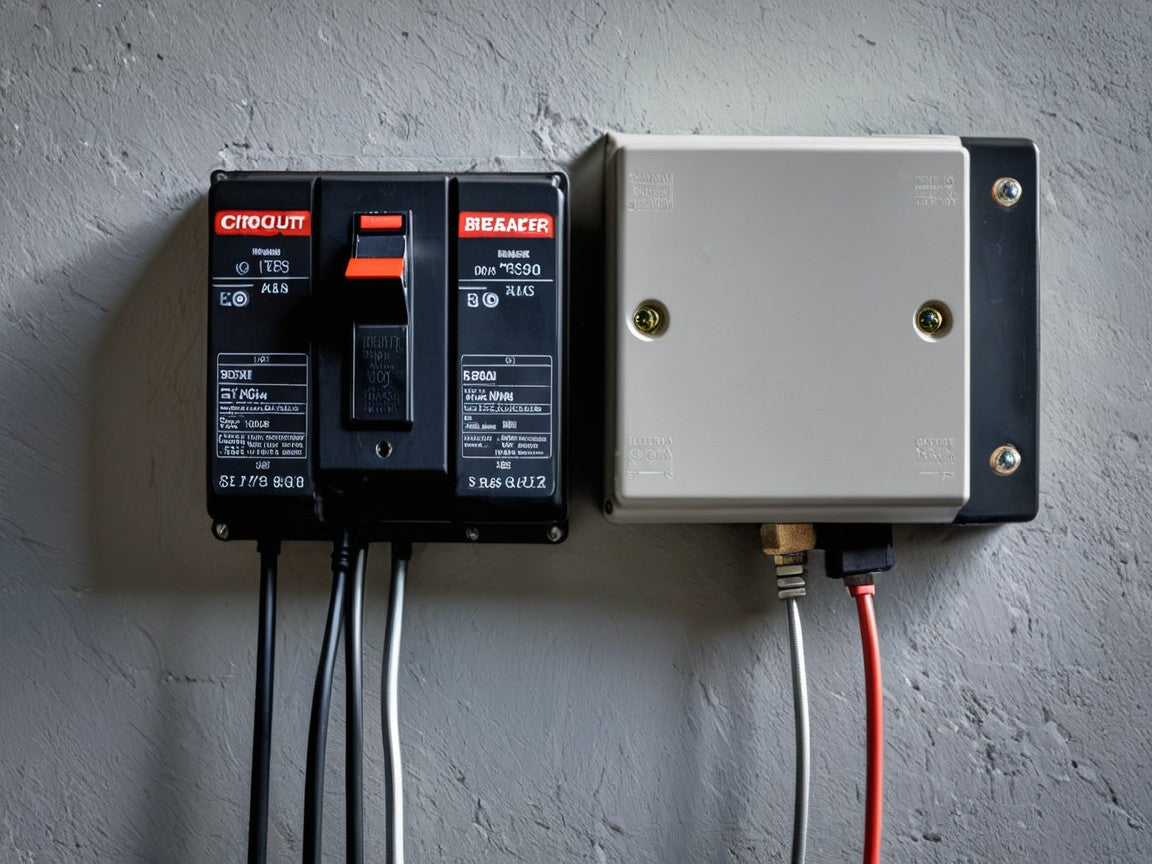
How to Choose the Right Circuit Breaker for Your Home
When it comes to ensuring the safety and efficiency of your home’s electrical system, one of the most critical components is the circuit breaker. These devices serve as the first line of defense against electrical overloads and short circuits, protecting your home and appliances from potential damage. But with a plethora of options available in the market, how do you choose the right circuit breaker for your home? This guide will help you navigate the essential considerations to make an informed decision.
Understand the Function of Circuit Breakers
At its core, a circuit breaker is designed to automatically cut off the electrical current when it detects an overload, preventing wires from overheating and potentially causing a fire. There are two primary types of circuit breakers: standard circuit breakers and GFCI (Ground Fault Circuit Interrupters). Standard breakers protect against overloads, while GFCIs are essential for wet areas like kitchens and bathrooms, preventing shock hazards by cutting off power when an imbalance is detected.
Determine the Amperage Rating
The amperage rating of a circuit breaker indicates how much current it can handle before tripping. Choosing a breaker with the correct amperage is vital. If the amperage is too high, it won't trip in case of an overload, which can lead to hazardous conditions. Conversely, a breaker with a low amperage will trip frequently, disrupting power unnecessarily.
Most residential circuits run on 15, 20, or 30 amps. Here’s a general guide:
- 15 Amps – Ideal for lighting circuits and small appliances.
- 20 Amps – Suitable for kitchen circuits, including receptacles for countertop appliances.
- 30 Amps – Commonly used for larger appliances like dryers and water heaters.
To determine which amperage is best for your circuits, consider the total load of all devices connected to it. Always consult with a licensed electrician if you're unsure.
Choose the Right Type of Circuit Breaker
The type of circuit breaker you need will depend on your home's electrical system and specific requirements. Here are some common types to consider:
- Single-Pole Circuit Breaker: Provides protection for 120-volt circuits and is commonly used in residential settings.
- Double-Pole Circuit Breaker: Used for 240-volt circuits, this type is necessary for appliances like water heaters and electric stoves.
- GFCI Circuit Breaker: Used in areas where moisture is a concern, such as bathrooms, kitchens, and outdoor outlets, GFCIs protect against electric shock.
- AFCI Circuit Breaker (Arc Fault Circuit Interrupter): This type is essential for bedroom and living areas as it detects arc faults and prevents electrical fires.
Check Compatibility with Your Panel
Before purchasing a circuit breaker, make sure it is compatible with your electrical panel. Not all circuit breakers fit every panel; thus, check the manufacturer's specifications and choose a breaker that matches your panel brand. Understanding the layout of your breaker panel will also give you insights into how many open slots and what types of breakers you can install.
Safety Features
When selecting a circuit breaker, look for additional safety features. Some modern circuit breakers come equipped with tracking capabilities that indicate when an overload has occurred or if the breaker has tripped, making it easier for maintenance and monitoring.
Cost Considerations
While you may be tempted to save money by opting for the cheapest option, investing in quality circuit breakers is crucial for safety and longevity. Prices can vary based on cycle type and features, but higher-quality breakers often offer better protection and warranties.
Conclusion
Choosing the right circuit breaker for your home is a wise investment in safety and efficiency. By considering the amperage rating, type, compatibility with your panel, and added safety features, you can ensure that your home's electrical system remains protected against unexpected surges and faults. Remember, it’s always wise to consult with an electrician for guidance tailored to your specific circumstances.
By prioritizing the safety of your electrical systems today, you’re ensuring peace of mind for tomorrow.